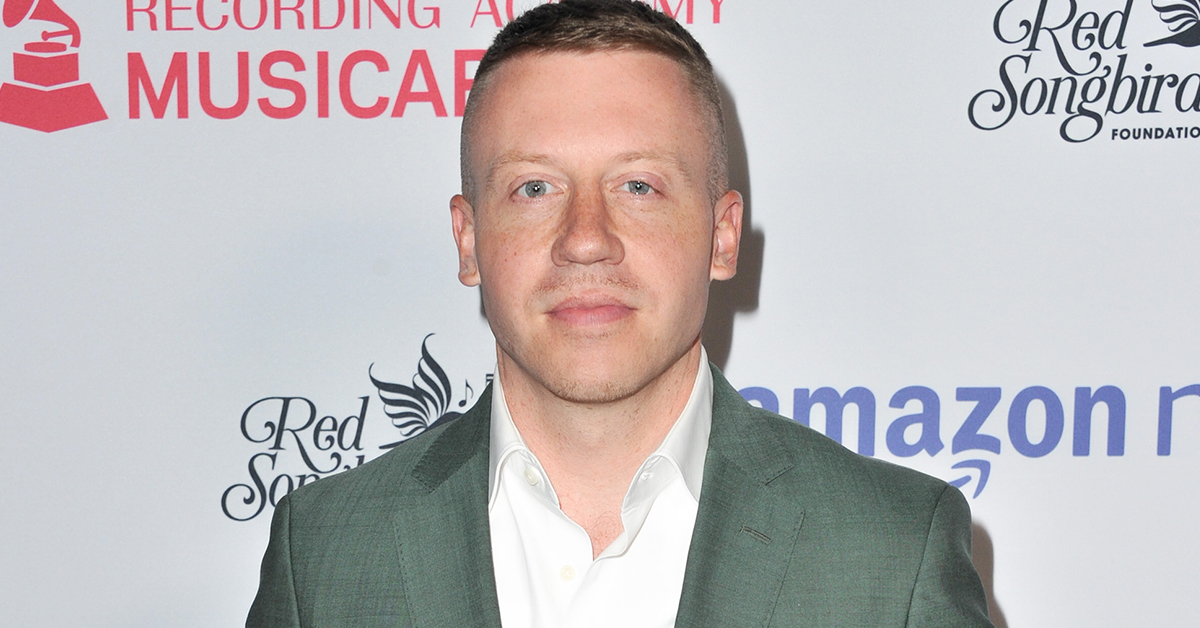
Macklemore is opening up about relapsing after over a decade of sobriety.
The 38-year-old rapper went through a relapse back in summer of 2020 in the midst of the COVID-19 pandemic, which he revealed in an episode of Dax Shepard’s podcast in April 2021. Macklemore was inspired by Dax’s openness about his own relapse.
Now, speaking to People, Macklemore candidly opened up about his relapse at the time. He shared:
“It was really painful for myself and for the people who loved me. I stopped doing the work. When I have to be still and exist within my own head, that’s where my disease lives…
[But] I’m like, ‘You know what? I don’t need to pretend like I’m some perfect dude in recovery.’ I am not at all, and there’s no shame.”
It was in 2008 that the “Thrift Shop” performer started his journey to recovery, when his dad helped him to seek treatment for his drug and alcohol abuse. Macklemore stated:
“Getting that help saved my life. I hope that people will come out of the shadows, that the guilt and the shame of the disease of addiction lessen and we don’t feel like we need to hide anymore.”
Macklemore is honest and open about his experience and his commitment to sobriety, and that extends to his kids Sloane, 6, Colette, 3, and Hugo, 6, which he shares with wife Tricia Davis. He revealed to People that Sloane has been aware of his sobriety journey since she was about 3 or 4 years old:
“Why would I hide it? It is who I am. In terms of Daddy’s sober meetings that he needs to go to, she’s well aware and has been for quite some time.
I remember being like, ‘I don’t ever want my kids to see me loaded.’ There was this relief like, ‘Okay, now I can stay clean for someone else.’ But that’s not how this disease works. My kids can’t keep me clean. I have to do the work.”
He credits his treatment for being a big part of where he is today:
“I would not be where I am without that treatment. And I just so happened to have a dad that could help me pay for a treatment facility. So many people in America cannot afford rehab.”









